Clean Beauty: What It Is and Why It Matters (A BeeNaturals Guide)
It’s about more than cosmetics
In 2004, a British researcher named Philippa Darbre found traces of parabens in breast cancer tumors. At the time, cosmetics manufacturers used parabens extensively as a preservative. Though the data behind that particular study was not very strong, it was a wake-up call.
Suddenly, more consumers than ever started to engage in a broader conversation about cosmetics. They wanted to know what effect these products have on individuals throughout the world.
At first, the dialogue seemed little more than a fear-based grasping at straws. News outlets would report on scary scientific studies and offer little context. They would leave those without firsthand knowledge with little choice but to either overreact or ignore the studies altogether.
But something positive came out of Darbre’s research. Through it, she sounded an alarm that enabled many of us to ask more insightful questions about our beauty products.
This new conversation is called Clean Beauty.
The term Clean Beauty represents a positive discussion around cosmetics. It’s about the ingredients themselves, as well as how they are obtained, packaged, and produced. It’s about how cosmetics affect us as individuals and as citizens of the world.

In this guide, we’ll talk about what Clean Beauty is and what it is not. Throughout, we’ll provide you with information on how you can make more positive choices concerning your skincare.
What “Clean Beauty” Is Not
As we enter this discussion, I’d like to make a few things clear.
First, Clean Beauty is not about what brand you choose.
Clean Beauty does not set out to put down other serious cosmetics professionals who are endeavoring to do good work. It’s not a conversation in which we denigrate the brands found in expensive mall shops or the corner drug store.
Many of them do excellent work within specific parameters. Their choices, while not always “clean” in this particular sense, aren’t necessarily dangerous.
Second, Clean Beauty is not merely about what is “toxic” or “non-toxic.”
The reason is simple: toxicity is about dose and exposure.
For example, those who drink eight glasses of water a day tend to have clearer, more supple skin. Their kidneys function more freely, and they often find it easier to lose weight. People who have the correct dose of water even tend to think more clearly.
But people who drink too much water can go into a coma, have seizures, or even die. The dose is what makes the difference.
Here’s another example that’s a little more relevant to cosmetics.
Though we at BeeNaturals don’t use SLS (sodium lauryl sulfate) for a variety of reasons, many do. In large doses, the stuff is hazardous. But assuming normal use, nearly everyone who applies it to skin or hair is safe from its adverse effects.
Third, Clean Beauty is not about being “superior.”
Though I like to point out the benefits of Clean Beauty to people, everyone makes cosmetics purchases based on a variety of factors. These factors include access and affordability. I wouldn’t want these factors to get in the way of a BeeNaturals purchase. However, I would hate it if someone felt embarrassed that their favorite products aren’t technically “clean.”
When it comes to this topic, I also think about the pressures parents face. It’s tough being a mom or dad. I prefer not to make anyone feel guilty about what skincare products they use — or do not use — on their child.
Parents have a hard enough time as it is. Let’s leave the personal judgment out of this particular topic.
Finally, Clean Beauty is not about what’s missing from a product.
Clean formulation isn’t just saying, “We don’t use X product. Therefore, it’s clean!” There’s a lot more to it than that.
Here is what I believe the conversation should be about.
What Is Clean Beauty?
Clean Beauty is mindfully choosing cosmetics based on four main factors:
- Ingredients that positively impact a person’s skin, hair, and well-being
- Hygienic manufacturing practices
- Ethical and transparent production
- Sustainability

That’s a lot to digest, so let’s take them one at a time.
1. Clean Beauty is about positive personal impact
When I was working forty hours a week as a nurse, I washed my hands dozens of times a day. The soap I used was “effective” in the technical sense. I was disinfecting my hands, but they became painfully dry and cracked as a result.
Eventually, I began to mindfully choose (and then make) soaps with ingredients that would not only clean my skin but also nourish it. When I did that, I was embarking on the path we now call Clean Beauty.
As I make soaps, I want to use the best nature has to offer, like avocado oil, coconut oil, and glycerin. But ingredients that are the product of science — if they have a positive effect on a person’s wellbeing — can also be “clean.”
As mentioned in a previous article, “soap” in any form cannot be natural. It’s the result of a chemical process called “saponification.” When someone says they want “natural soap,” they’re contradicting themselves!
However, the chemical decyl glucoside (an ingredient in our most gentle soaps) is widely regarded as safe, non-toxic, and non-inflammatory. By any measure, it’s a candidate for “Clean Beauty,” even if scientists formulated it in a laboratory.
Remember, it’s not where the ingredient comes from that makes it “clean.” It’s the effect it has on you as a whole person.
2. Clean Beauty products are produced hygienically
In food production, workers must follow strict guidelines as they handle, store, and wash food. They are required to meet specific standards to protect those of us who eventually eat the food. When manufacturers don’t follow these practices carefully, the results can be disastrous.
The cosmetics industry has similar requirements. However, beauty products are made all over the world. Cosmetics companies may or may not consistently check to make sure their manufacturers are meeting hygiene standards.
For those who care about Clean Beauty, we want our products to be clean literally.
One of the reasons I feel so proud of our BeeNaturals products is that I know how they’re made! As a Missouri company, we produce all of our products in my home state under my supervision. We are very conscious about hygiene.
That’s not to say products produced in other parts of the world are not made hygienically. I just believe cosmetics producers must continually check that their manufacturers are meeting standards.
3. Clean Beauty products are created ethically and transparently
We who are concerned with Clean Beauty aren’t just thinking about the product itself and how it’s made. We want to know that the ingredients are obtained ethically. And we want our cosmetics manufacturers to be able to offer proof when asked.
For example, Squalane oil, an ingredient found in nearly every moisturizer, came from shark liver for many years.
Now, since the same oil can be found in many botanicals (including olives), there’s no reason to continue the unethical practice of over-fishing these endangered species. Yet, despite the positive strides we’ve made all over the world, it continues to occur.
There are other similar practices throughout cosmetics. For those of us concerned about Clean Beauty, we only want to do business with companies who are transparent about where they source their ingredients and how they’re tested.
That’s why BeeNaturals is Leaping Bunny Certified — our products are never tested on animals or come from ingredients that harm animals in any way.
4. Clean Beauty products are good for the environment
Though we can tie this point to #3, this addresses a much broader topic. It asks if the company making the product is doing so in a sustainable way. Clean Beauty products must make the lowest possible environmental impact, reducing pollution at every stage in the product’s lifecycle.
Increasingly, customers want proof their cosmetics are made using sustainable practices. That’s why savvy manufacturers — as well as those with a conscience — are working harder to “go green.”
At BeeNaturals, we value the Green Chemistry philosophy.
For example, our product packages are fully recyclable, and the paper products are 100% compostable. In our stores and manufacturing facility, we produce next to no trash — most of what passes through our doors can be recycled or reused in some way.
Additionally, we don’t use any hazardous chemicals, so our products themselves are safe for the environment.
BeeNaturals: The difference Clean Beauty can make
I founded BeeNaturals because I wanted to combine the very best of science and nature to create products that promote healthy skin for our customer’s overall well-being. That last word, “wellbeing,” is what it’s all about — and that means more than just feeling better when you look in the mirror.
To “be well,” we must consider more factors than whether or not our product works. We want to use products that do not harm our bodies or the environment. We want to use products that promote a better world.
For those of you who have chosen BeeNaturals for your skin, thank you for buying products that are kind to our world.
For those of you who would like to be a part of the Clean Beauty movement, check out our products or schedule a spa treatment.
And my wish for you, in whatever you do, is to be well.

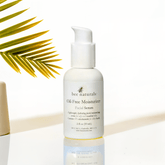

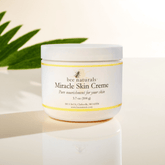

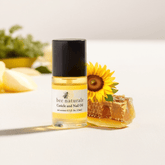

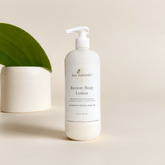


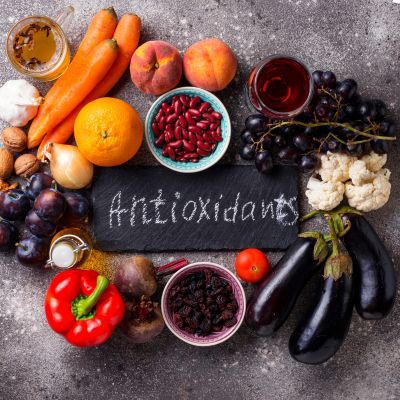
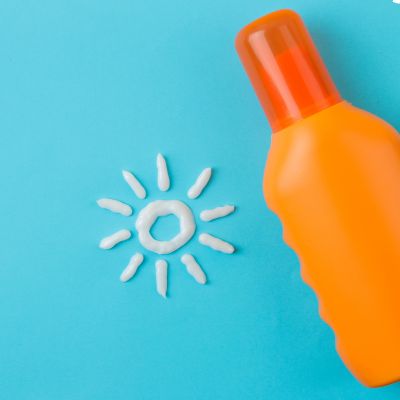
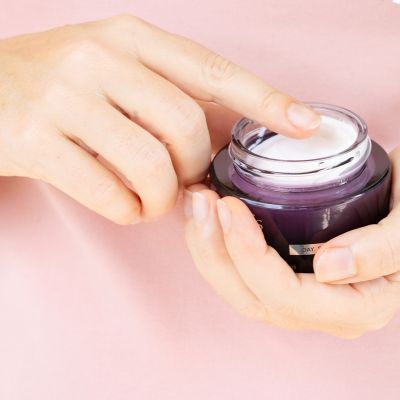
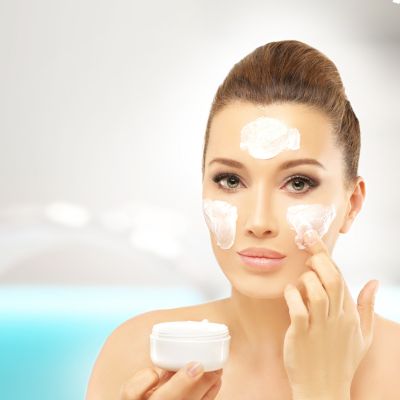
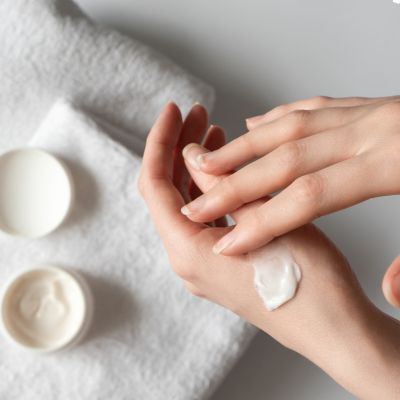
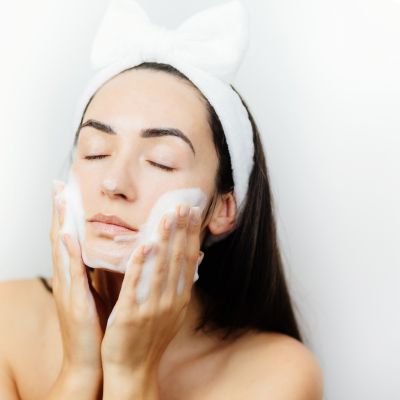
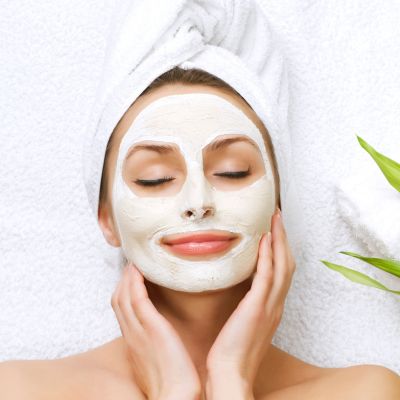
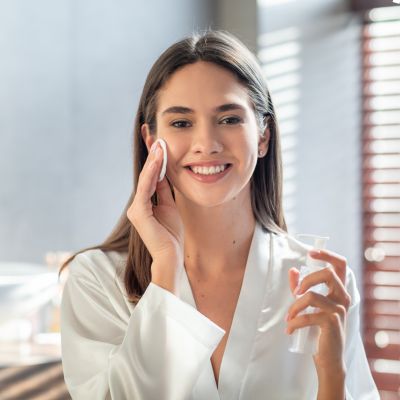
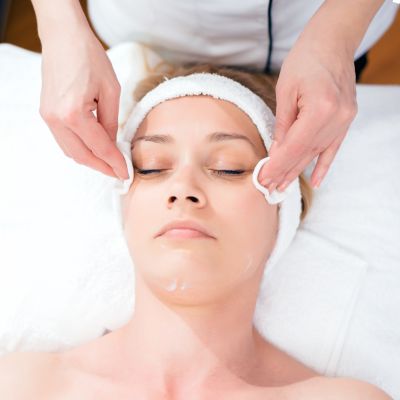
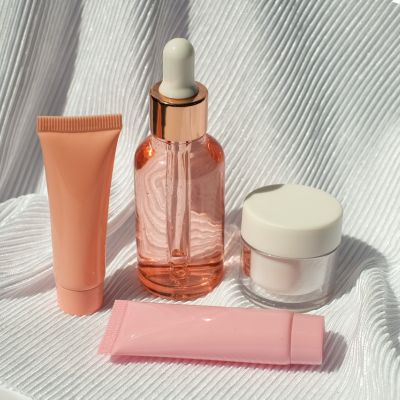
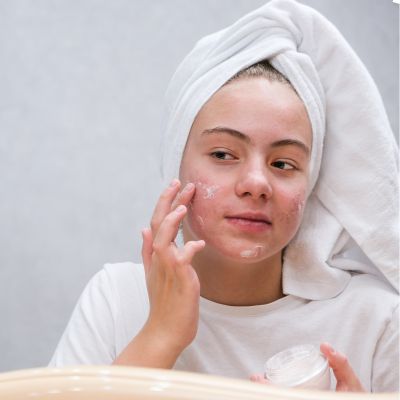
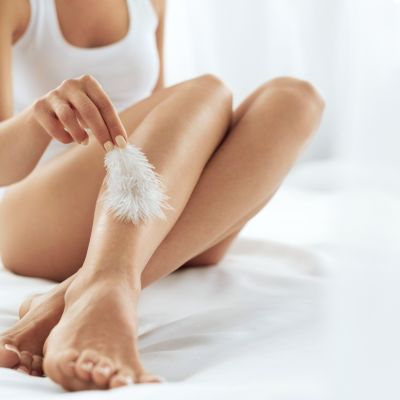
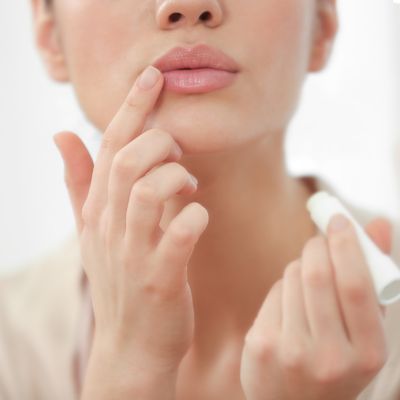
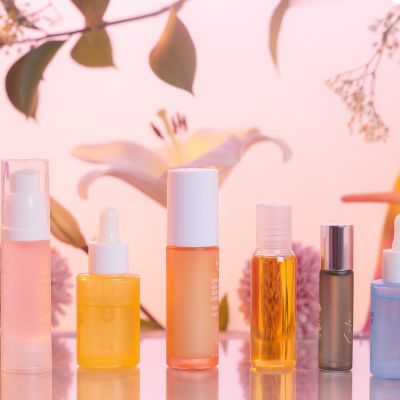
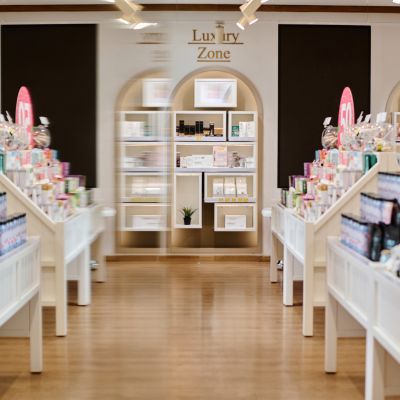



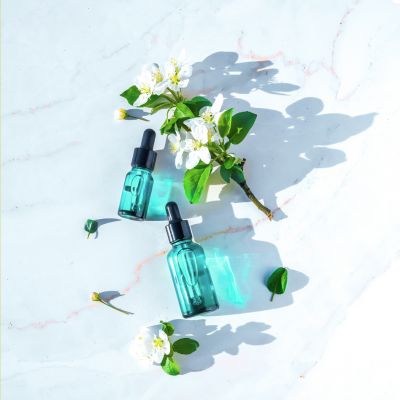
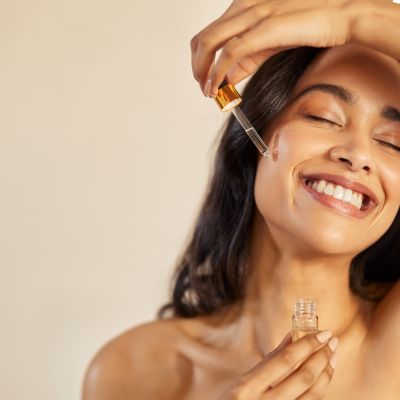
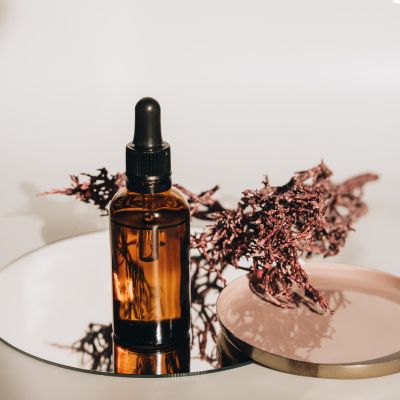
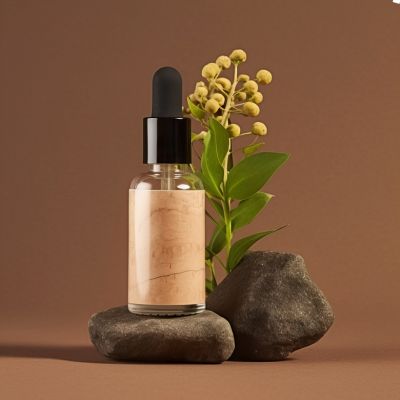
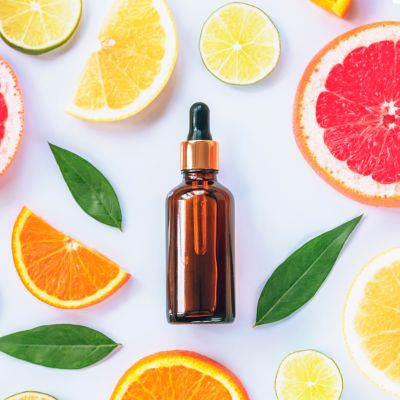
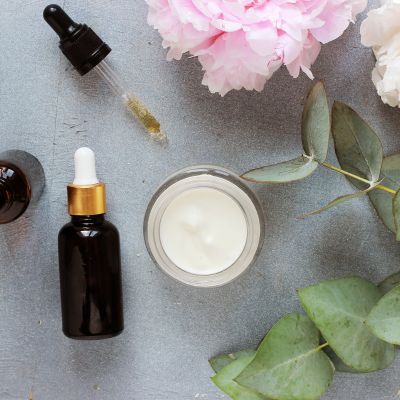
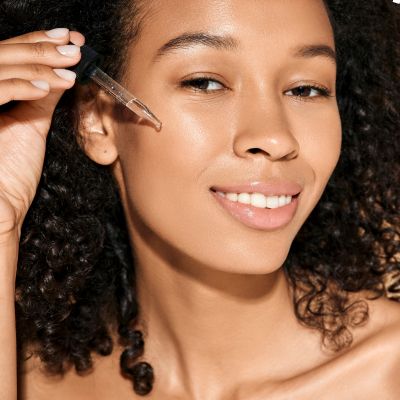
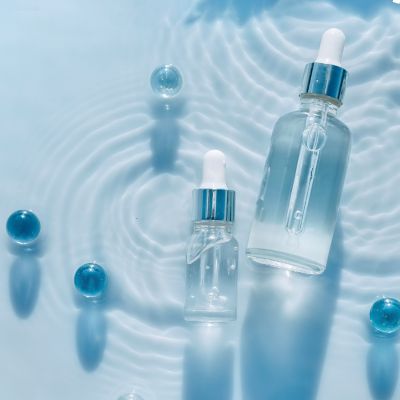
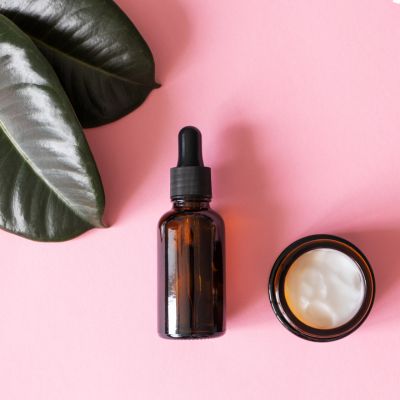
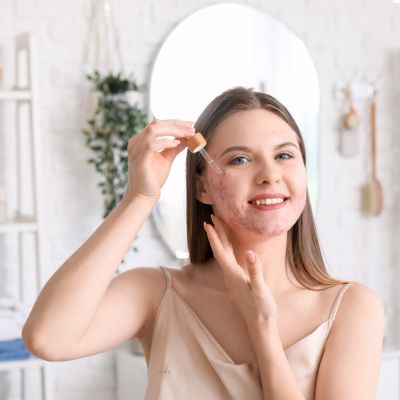
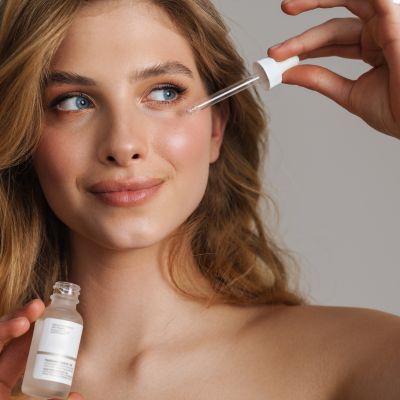
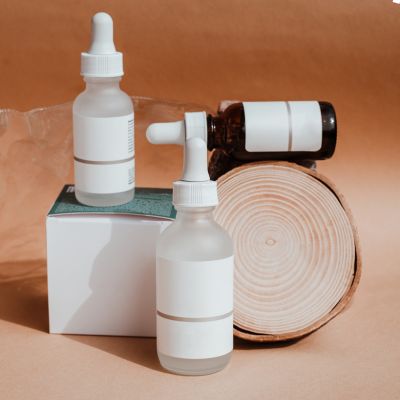

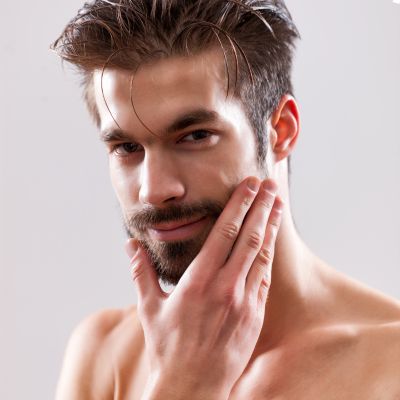

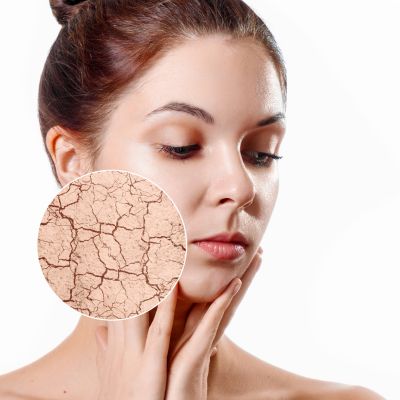
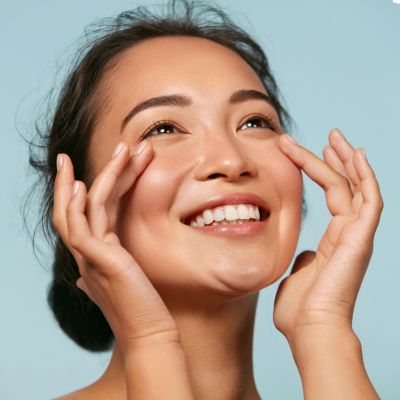


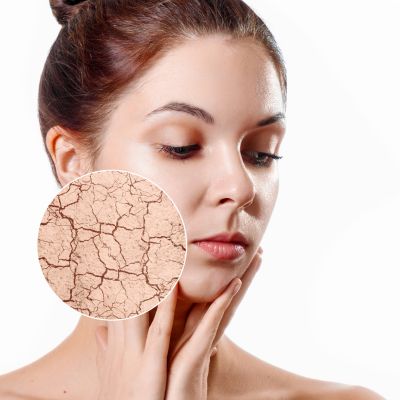
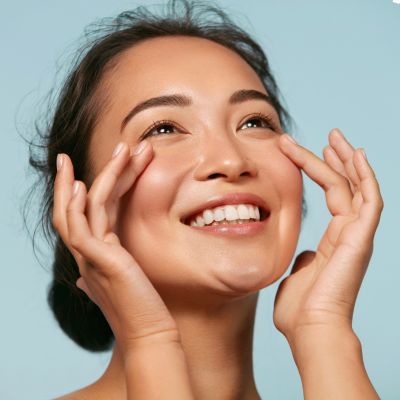
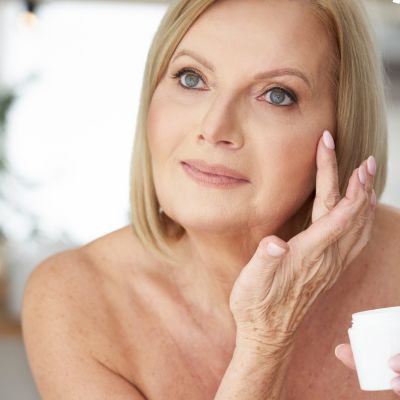
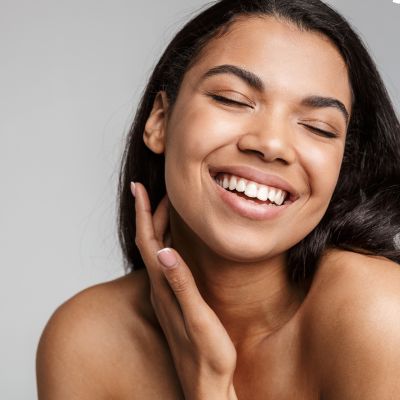
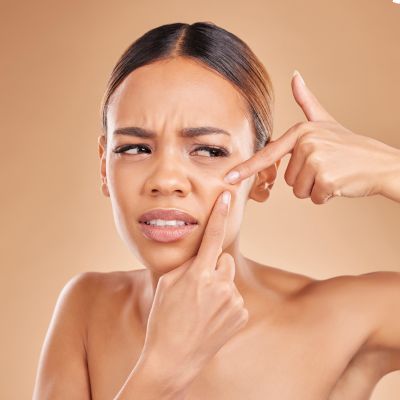
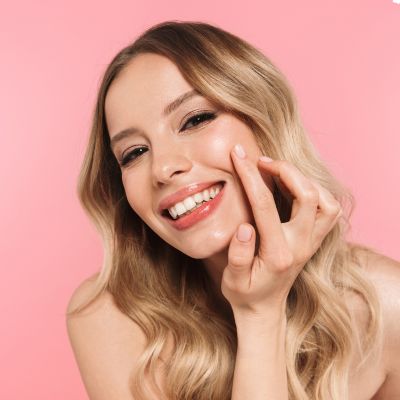
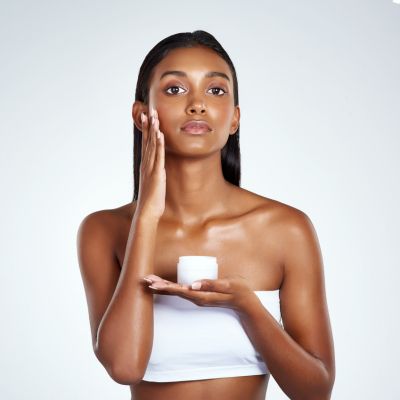
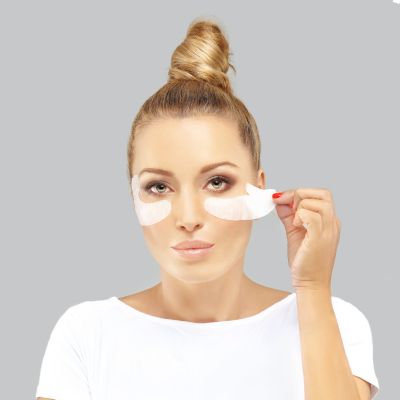
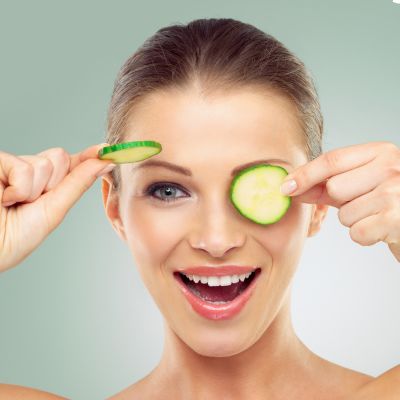

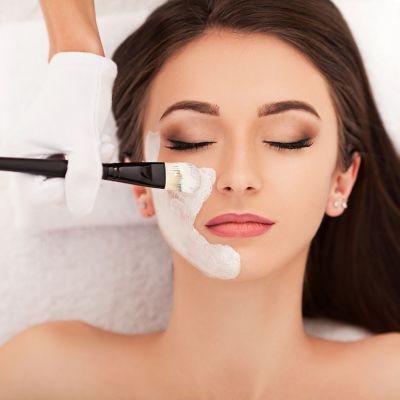
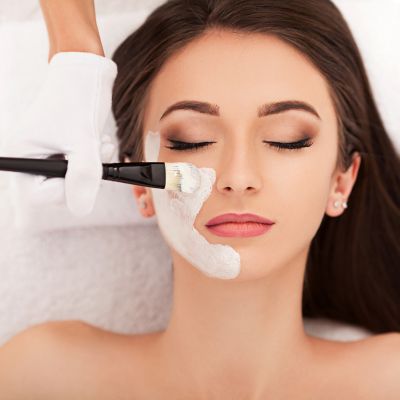
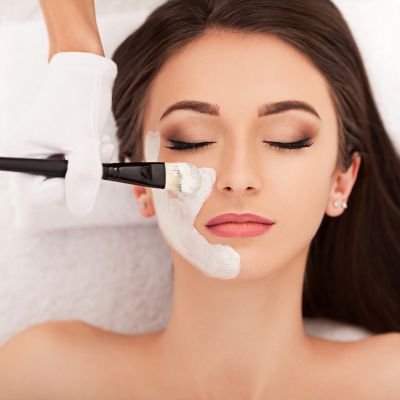
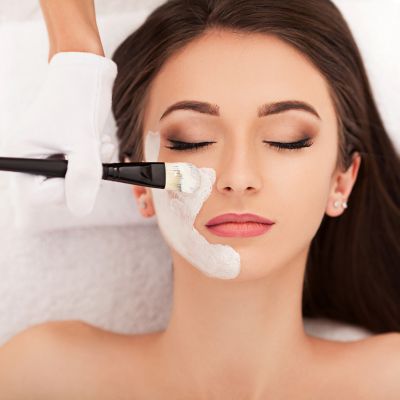
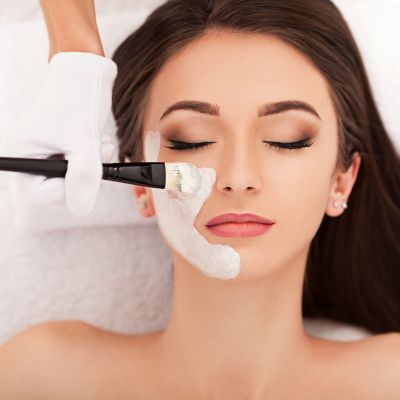
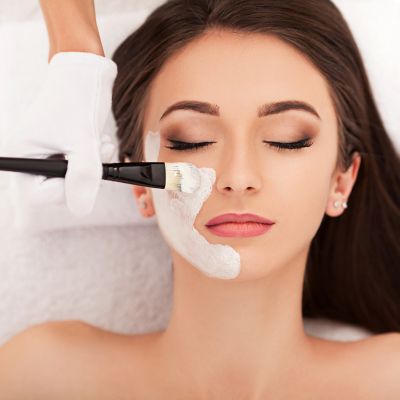
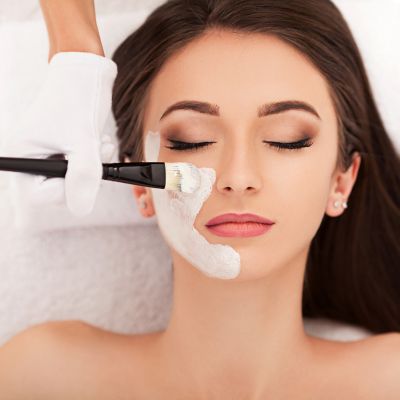
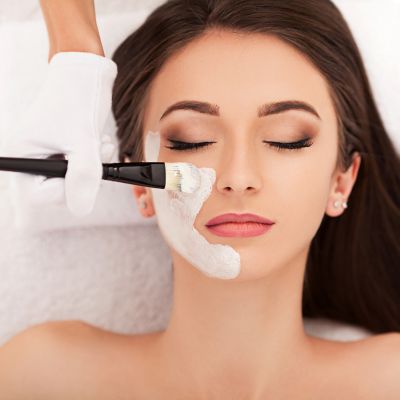
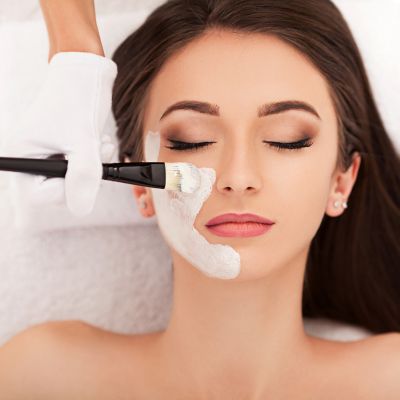
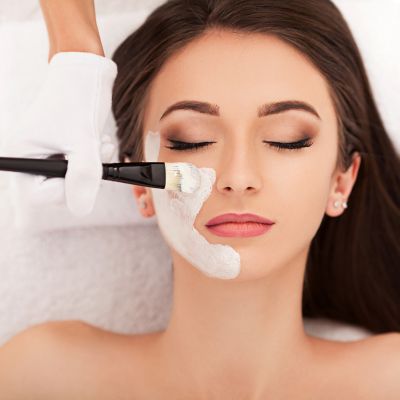
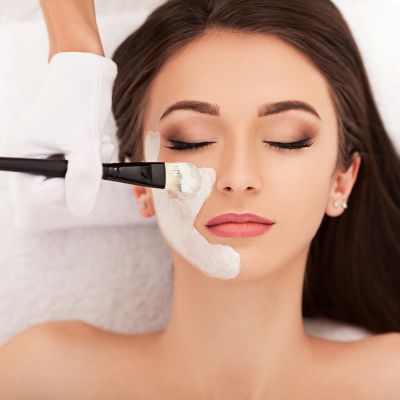
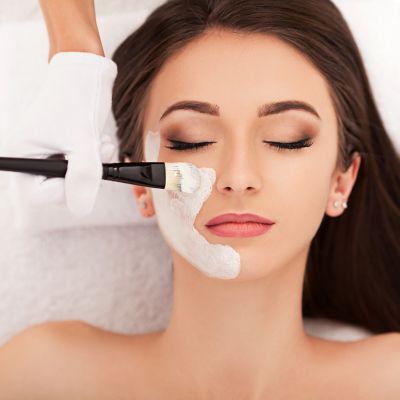
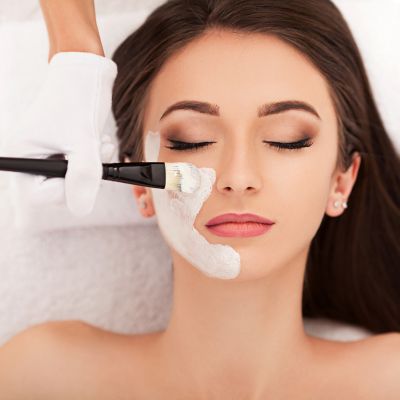
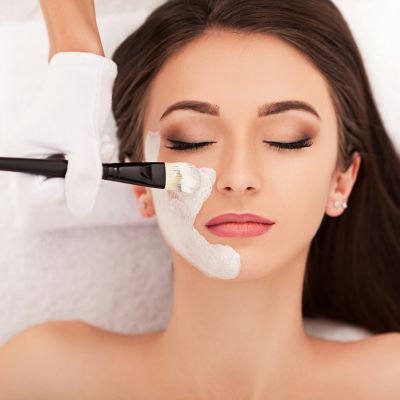
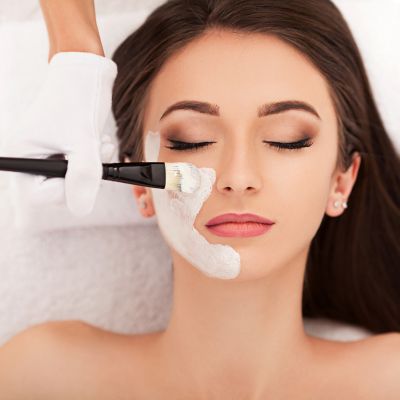



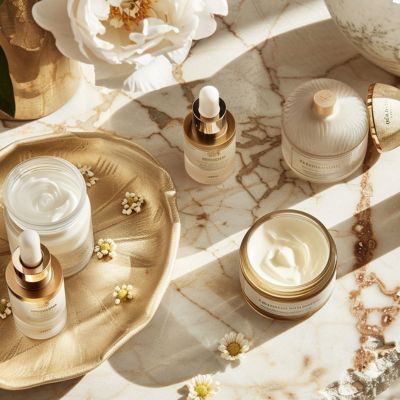
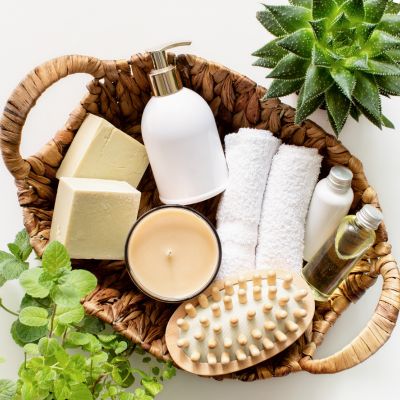

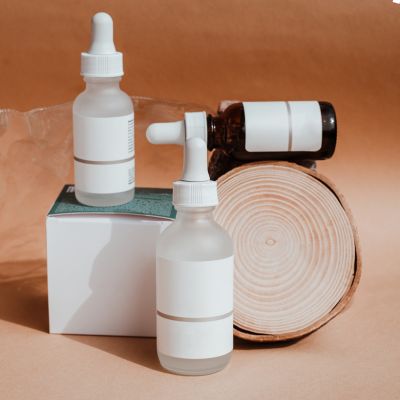
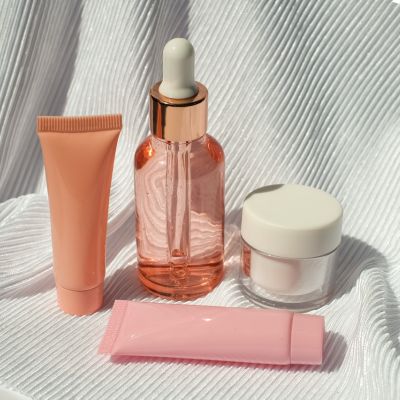


Leave a comment
Please note, comments need to be approved before they are published.